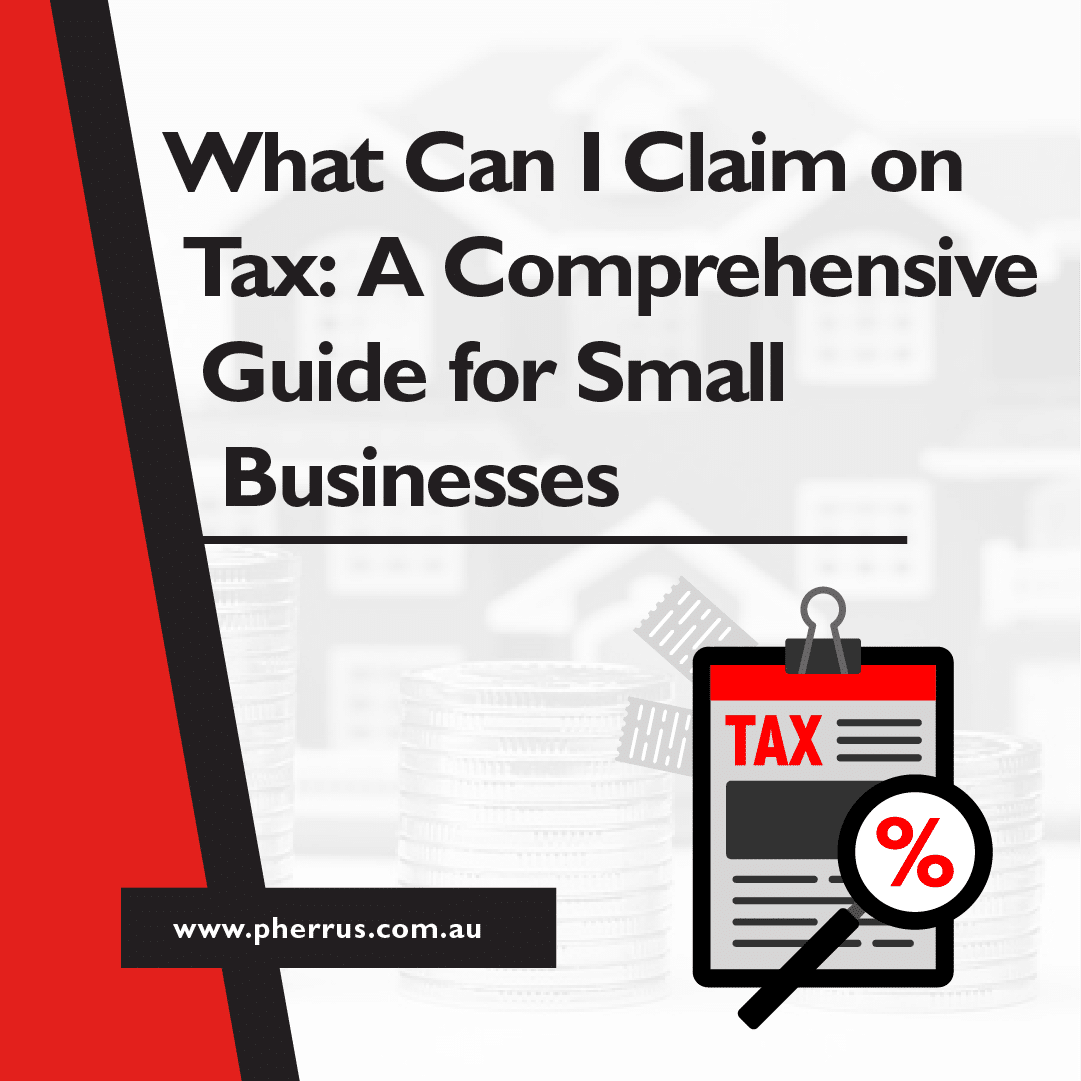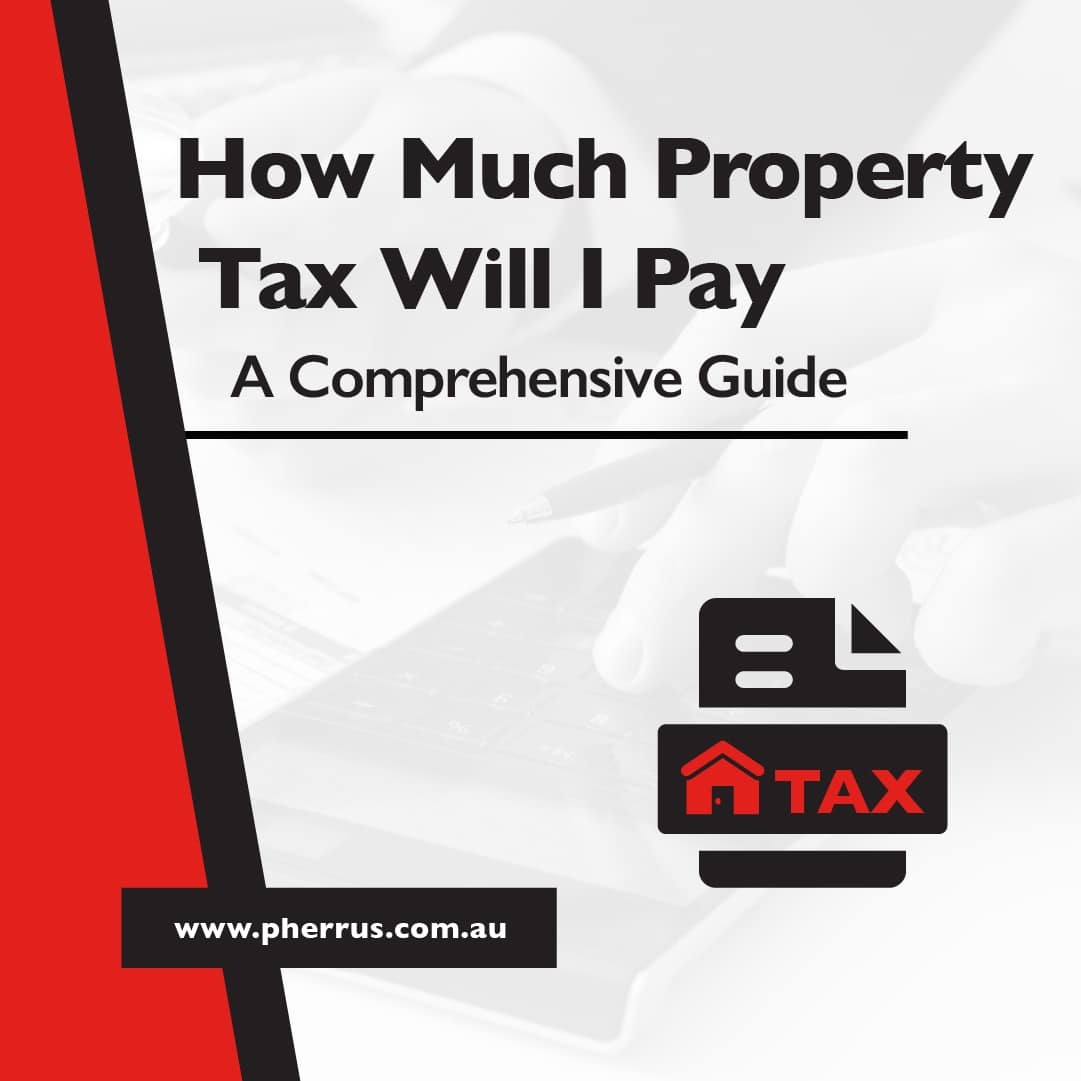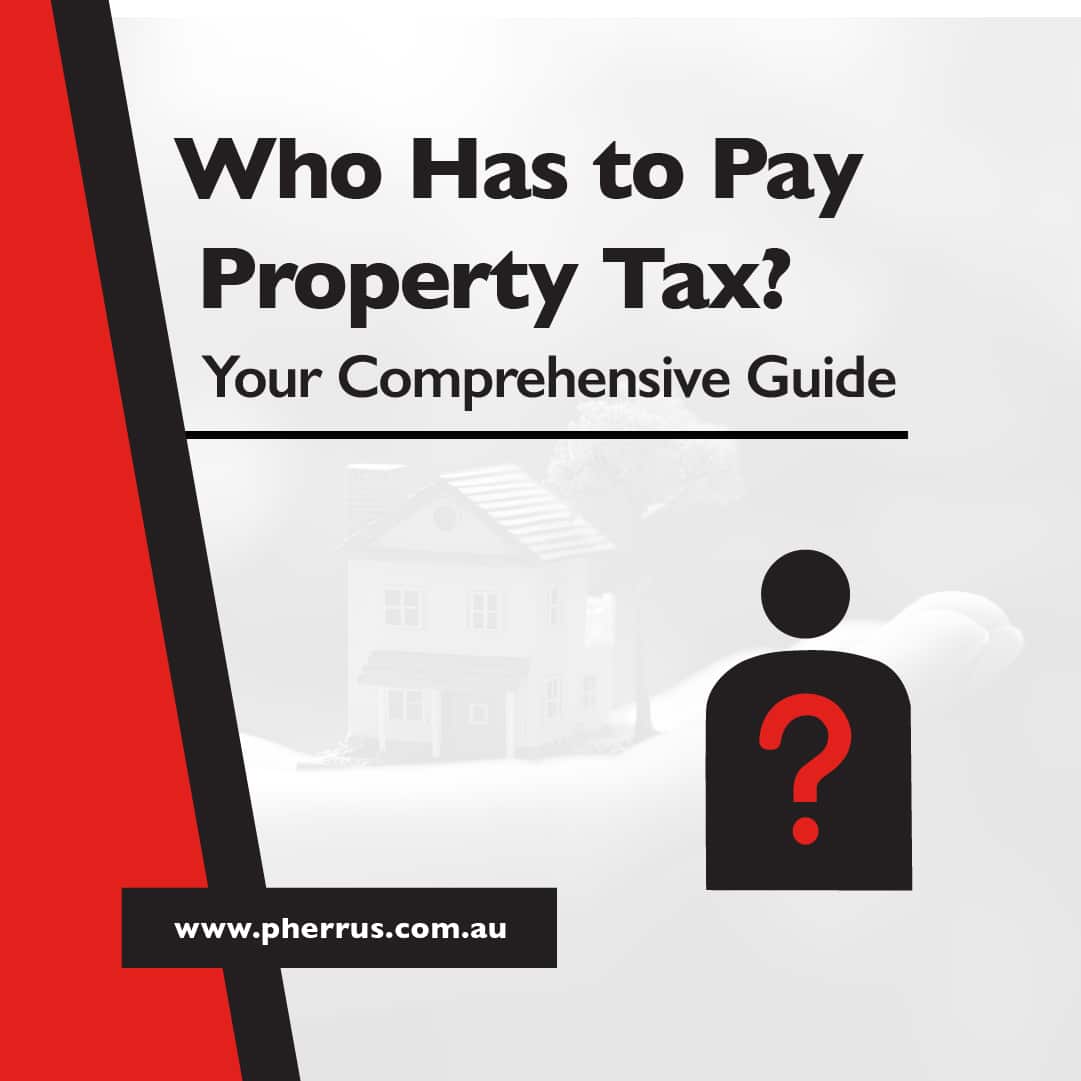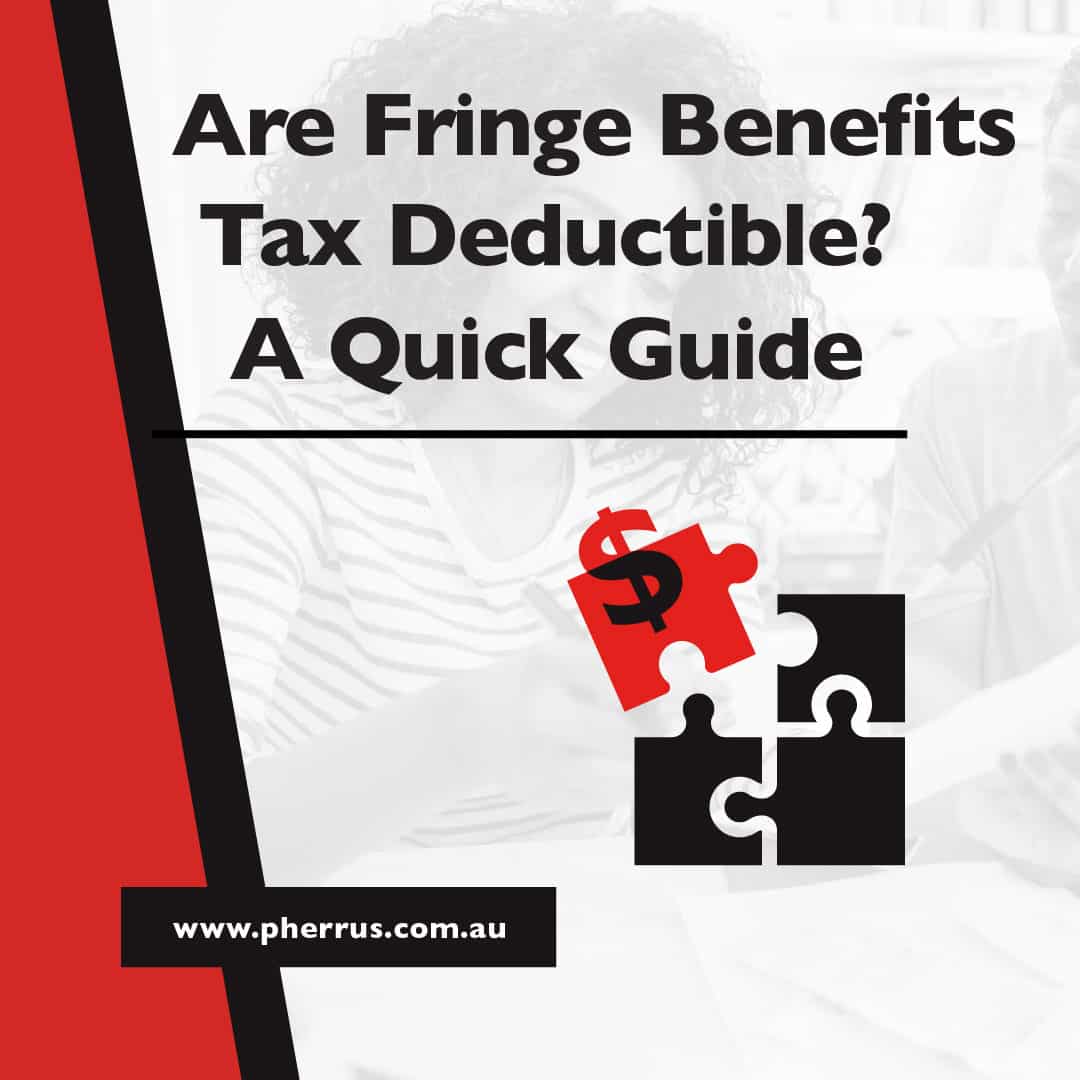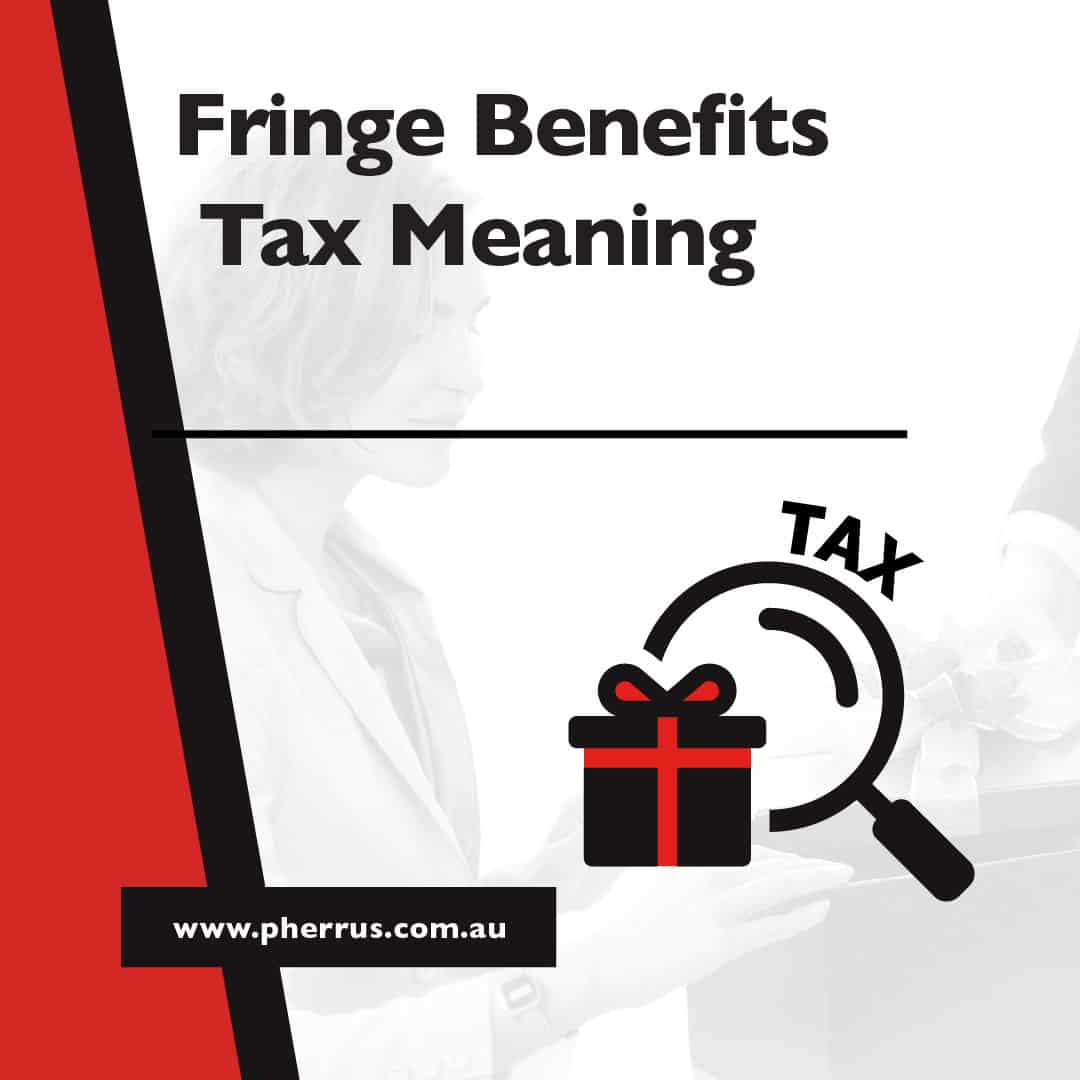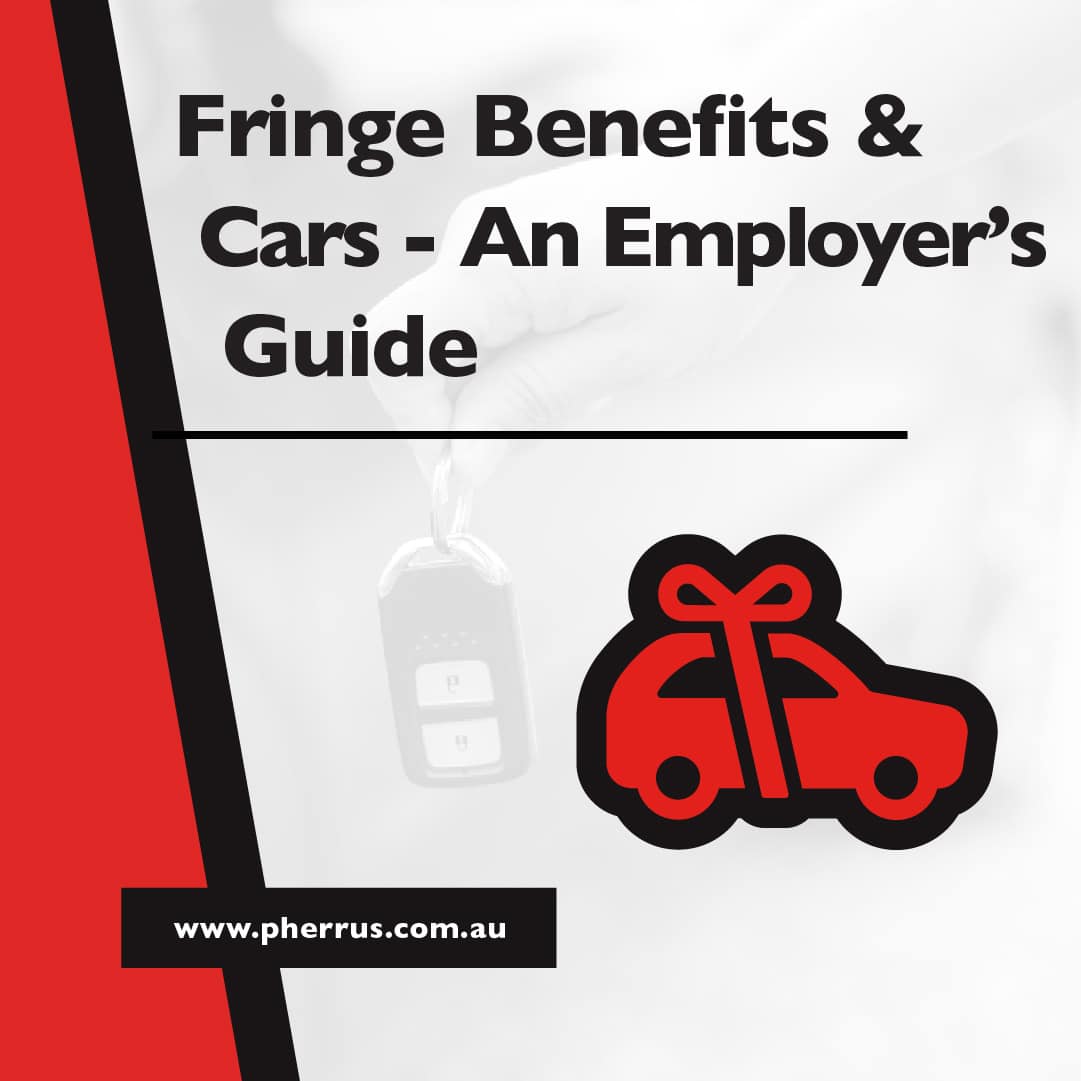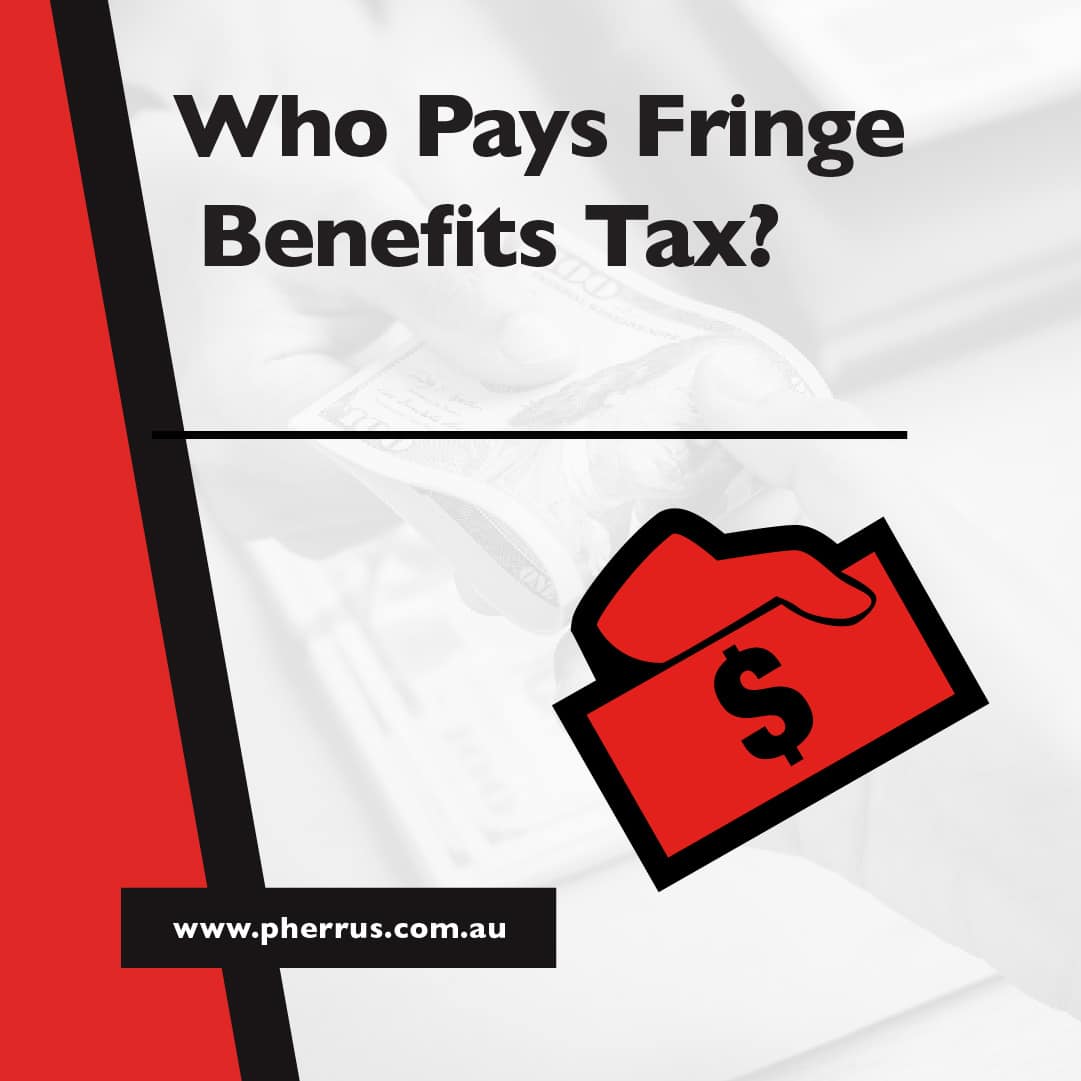How Much Tax Do You Pay on an Investment Property in Australia?
An investment property can help build serious wealth, but if you don’t manage the tax side properly, you could end up handing over more cash to the ATO than you need to. If you’re confused about how much tax you’ll pay on your investment property, you’re not alone. From rental income to capital gains tax,…



